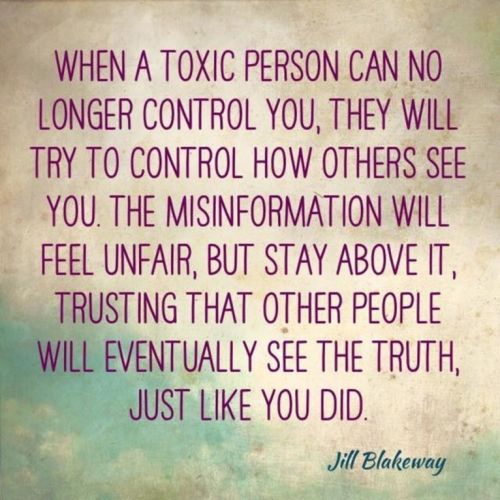What to Do When a Close and Trusted Person Causes You the Most HurtA Story by Shavon D. BethelIf you've been hurt by someone very close to you—someone you trusted completely—consider yourself fortunate, as many people unfortunately face such painful situations. From my experience with others.Being hurt by someone you loved the most is the worst feeling ever! If you've been hurt by someone very close to you�"someone you trusted completely�"consider yourself fortunate, as many people unfortunately face such painful situations. From my experience with others, I've seen that numerous individuals have encountered emotional pain when they are betrayed by those they hold dear.  - Do we really care if a passerby or an acquaintance says something unpleasant? Generally, no, we don't! - However, when a loved one, trusted friend, close relative, or family member causes us hurt, it feels unbearable. Isn’t that true? - When someone we care about gets angry with us, whether through words or actions, it can shatter our mental peace and happiness. - This impact is even stronger if the person is someone, we are very close to an intimate with. - If you are naturally sensitive or have a delicate temperament, you might be affected so deeply that it becomes hard to function normally, and you may start to feel that life is burdensome. - In personal relationships, the person who has caused the hurt may even refuse to communicate. - This can leave you wondering what they think, feel, plan, or do. - You may find yourself living with feelings of fear, disappointment, and depression, to the point where it becomes difficult to focus on your daily life. - In other words, you may lose your peace of mind. 5 Things You Can Do if You Have Been Hurt by Those You Trusted If you find yourself in a difficult situation, it's important to understand what actions to take and what to avoid. Here are some guidelines to help you navigate through it: 1. **Avoid Anger** The first step is to remain calm and composed. While this can be challenging, it's essential. Being in a good mental state allows you to evaluate your options clearly. 2. **Avoid Impulsive Reactions** Refrain from crying, shouting, or responding angrily. Engaging with an angry person in the same way will only escalate the situation, making it harder to resolve. Such reactions can lead to irreversible consequences. 3. **Try to Communicate** Assess the situation with the person who is projecting their anger towards you. Attempt to communicate and understand what prompted their behavior. They may provide an explanation, or you might discover underlying issues that haven't been addressed. If a mutual discussion is possible, that’s beneficial; if not, you may need to seek alternative solutions. 4. **Apologize When Necessary** An apology can be a powerful tool for healing and can help alleviate bitterness. Once emotions have cooled down, the other person may acknowledge their behavior. If an apology is warranted from either party, it’s best to address it without debate�"simply own it and express it to ease the negative feelings. 5. **Involve a Third Party** If the other person is unwilling to accept an apology or is determined to remain unyielding, consider enlisting a third party�"a trusted friend or relative�"to facilitate the conversation. When all efforts seem futile, it may be time to move on with your life.  Here’s what you can do: - Trust your own mind and heart to guide you. - If you know you did nothing wrong, focus on moving forward. - If you made an unintentional mistake, forgive yourself and the other person to free yourself from the situation. - Understand that if the other person is not willing to communicate or resolve the issue, they may not be worth your energy and attention. - Holding onto past pain will not lead to happiness. True happiness comes when you let go and make space for something better. - Recognize that you were hurt through no fault of your own, but avoid dwelling in self-pity or blaming others, as it will only hinder your progress. - To find happiness, take responsibility for your actions, regardless of how others have treated you. - Ultimately, do not allow a past hurt to dictate or destroy your present. By following these steps, you can navigate difficult situations with greater clarity and purpose.  © 2025 Shavon D. Bethel |
StatsAuthorShavon D. BethelOntario, CanadaAboutI am a person who maintains a positive outlook on every aspect of life. There are many things I enjoy doing, seeing, and experiencing. I like to read and write, think and dream, talk and listen. I app.. more..Writing
|

 Flag Writing
Flag Writing